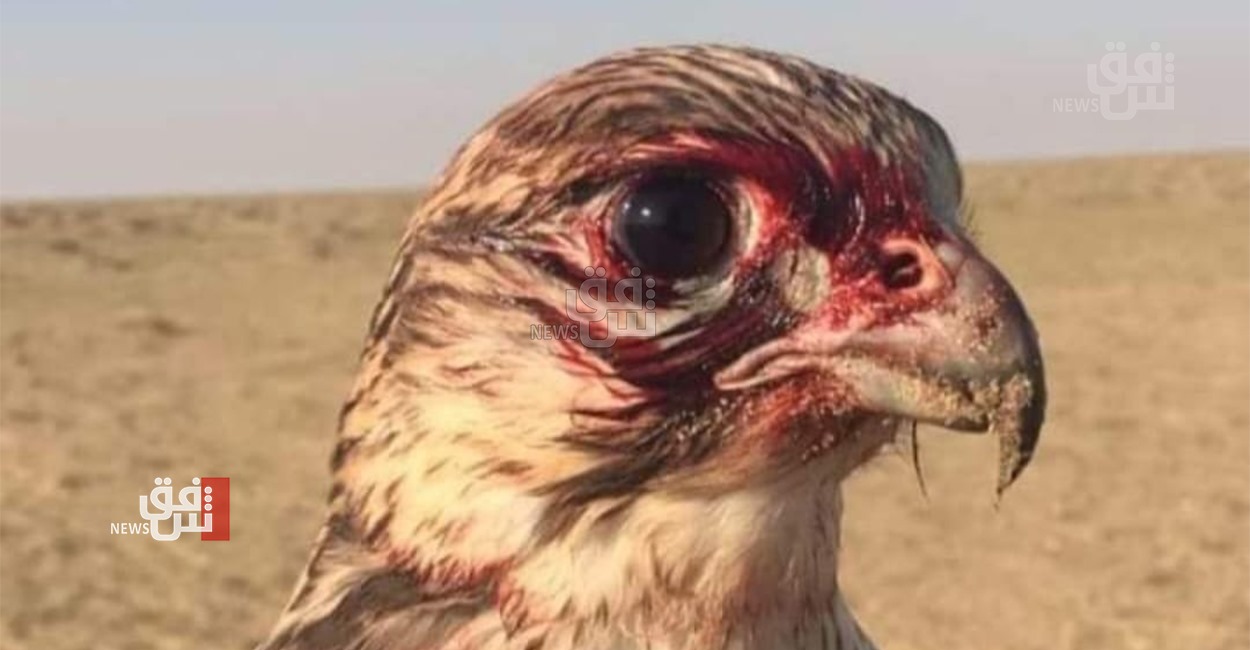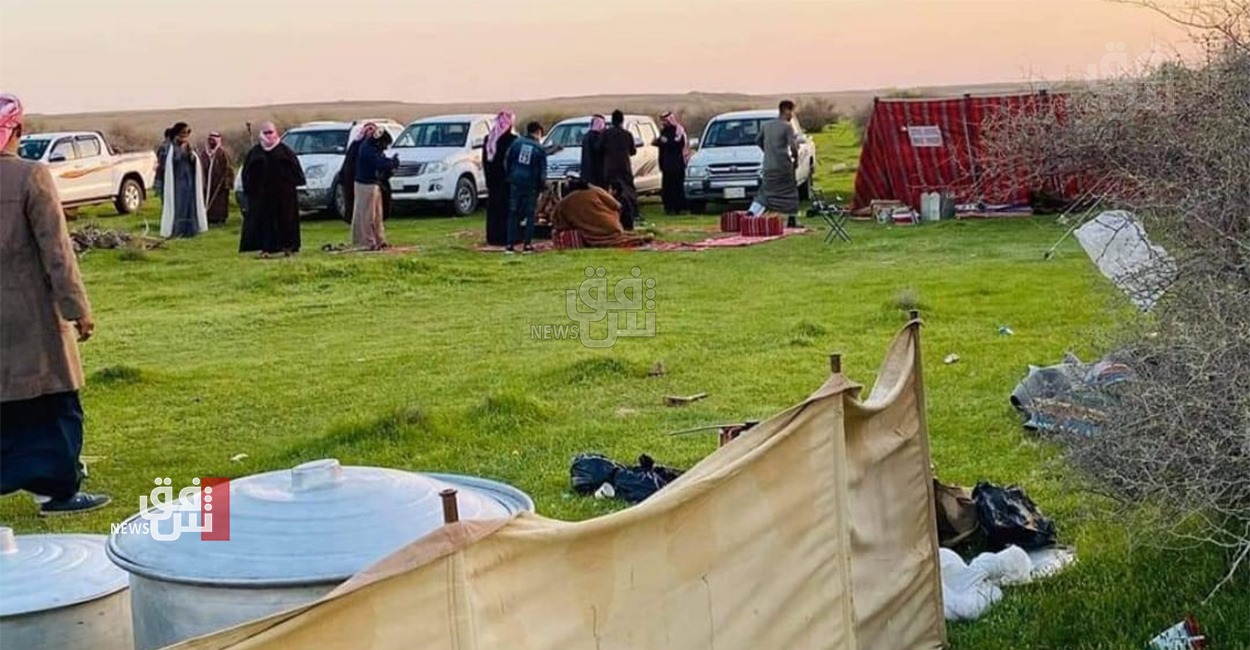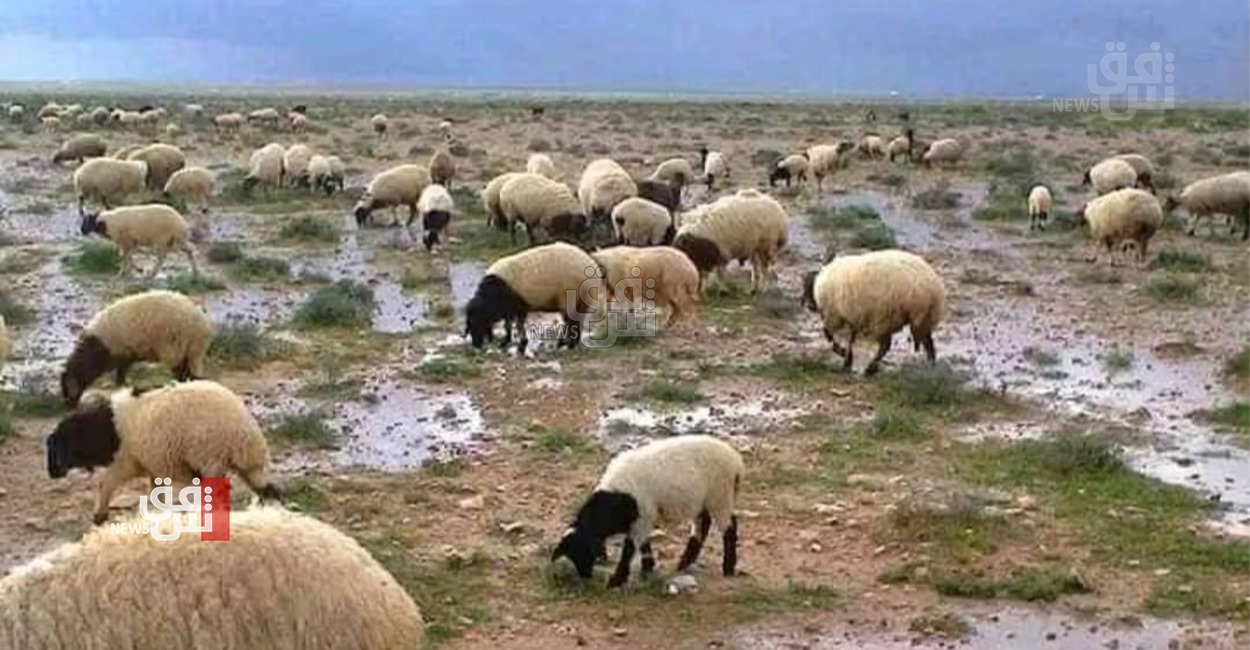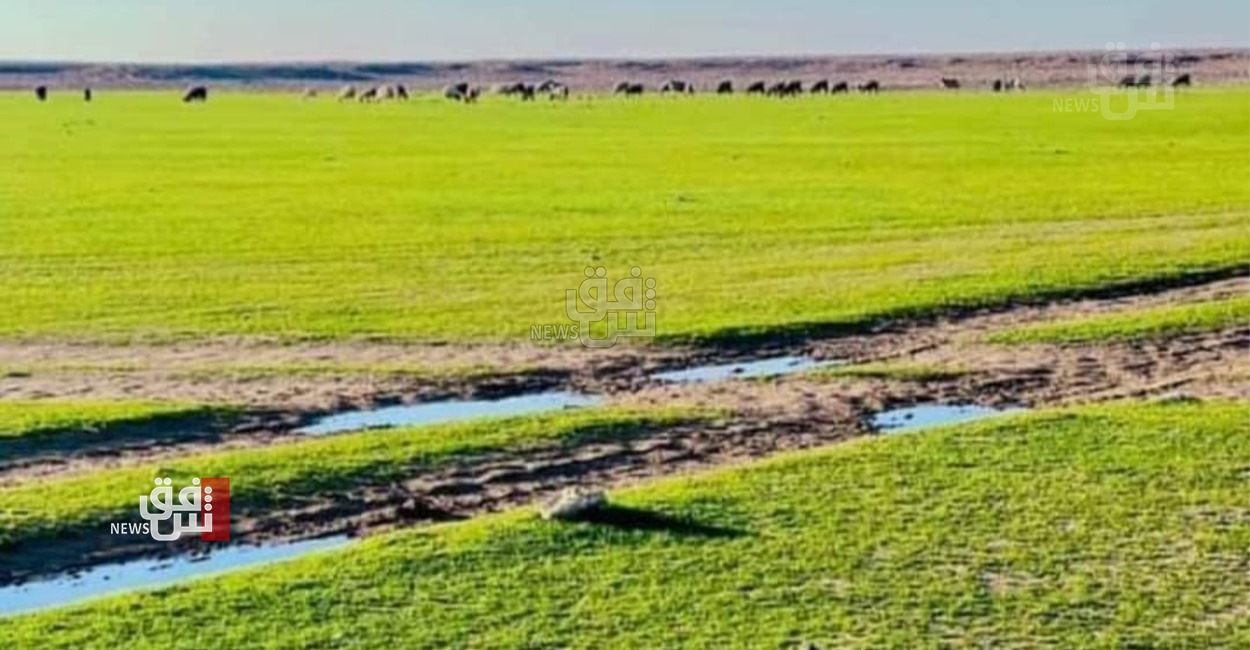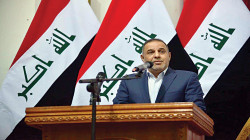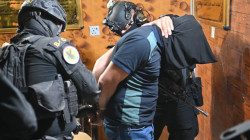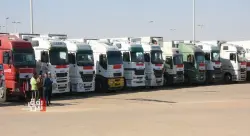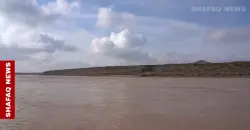Al-Muthanna Desert in Southern Iraq: A potential hub for desert tourism
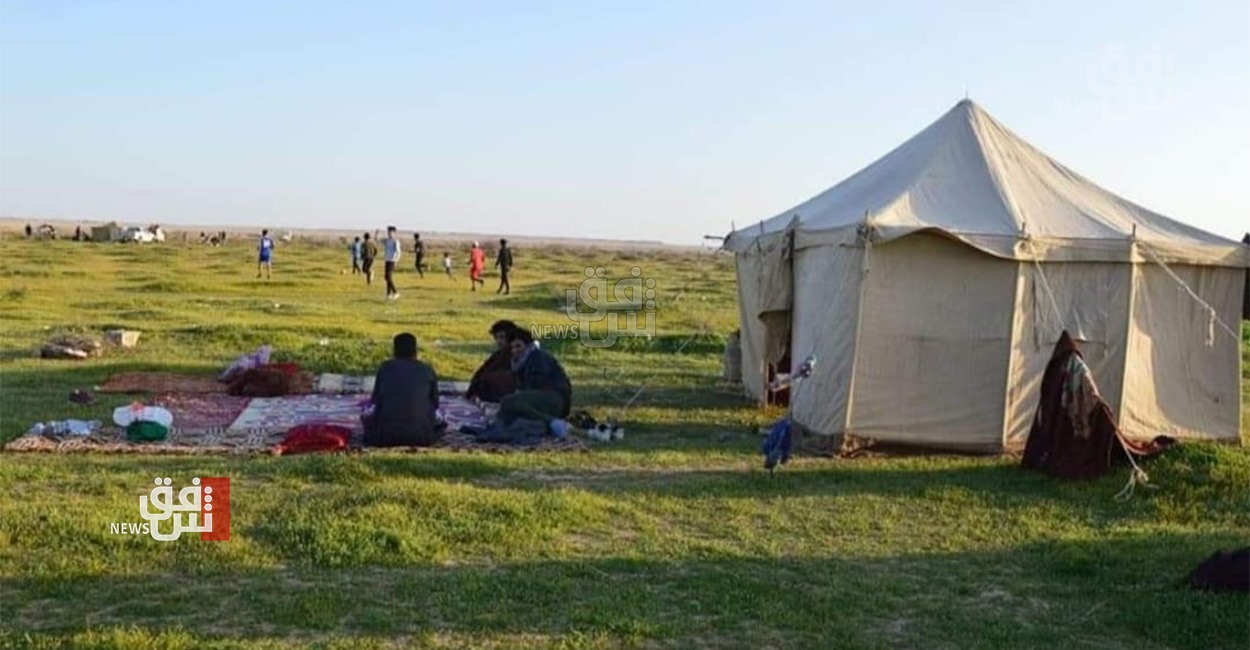
Shafaq News / Stretching across over 90% of Al-Muthanna governorate's vast 51,740 square kilometers, Al-Muthanna Desert serves as a vital link between southern Iraq and the Saudi Arabian border. This desert terrain has recently emerged as both an internal and external destination for hunting and tourism, particularly following rainfall, blossoming flora, and the arrival of migratory birds.
While Al-Muthanna boasts a strategic geographical location and encompasses agriculture, industry, and tourism – both in its historical and natural facets – its desert holds a treasure trove of primary resources, offering an economic edge absent in many other governorates. Ironically, this governorate is a stark contradiction; it stands out as one of the poorest governorates in Iraq, grappling with a poverty rate as high as 52%.
Desert tourism
The tourism potential of Al-Muthanna desert areas lies in their authenticity, historical significance, and cultural heritage. These areas have long drawn explorers keen on experiencing the essence of desert life.
This form of tourism is increasingly attractive to both local and international tourists seeking to explore geographically, historically, and archaeologically distinct landscapes, veering away from their conventional environments and daily routines.
Especially during the winter, these desert tourist spots allure both local and foreign visitors, seeking refuge from urban clamor to bask in the warm sun and relish the breathtaking natural panoramas.
In this regard, Ahmed Harb Shagban, Director of Tourism in Al-Muthanna, outlined that "a comprehensive plan has been devised by the Tourism Authority in collaboration with relevant departments within the governorate's administrative body. This aims to promote and invigorate desert tourism by harnessing the region's natural beauty and hosting diverse sporting events."
He emphasized that "the tourism strategy encompasses a range of activities, including camping, sporting events such as car rallies, motorcycle rides, horseback and camel riding, allowing immersion in the local community's lifestyle for a period, organizing food barbecues, and acquainting visitors with the local traditions and customs."
The Desert path
Abdulwahab Al-yasiri, the deputy governor for agriculture and water resources in Muthanna, delineates the path leading to the heart of the desert, where two administrative units reside. "There exists a route heading towards the Salman district, situated 150 km away from Samawa, the governorate's center. Moreover, from the Salman district, a road extends 110 km towards the Iraqi-Saudi Arabian border. Additionally, designated routes branch towards the Buseyah district, located 200 km away from Samawa, the provincial center."
Al-yasiri informed Shafaq News Agency that "During rainy winters, Al-Muthanna Desert adorns itself with a verdant carpet, embellished by various-colored grasses, flowers, and blossoms, presenting a breathtaking natural spectacle. In spring, it becomes a coveted destination for campers, particularly attracting Gulf visitors keen on migratory bird hunting."
"The rainfall leads to abundant agriculture and free animal fodder for livestock breeders, and also prompts the growth of desert truffles, a significant economic resource for the governorate. Approximately 10 tons of truffles are exported daily during January and February."
Regarding the absence of hotels in the desert, Al-yasiri explained, "The expansiveness of Al-Muthanna Desert renders it impractical for the establishment of commercial hotels and investments. Capital owners seek economic stability and profit."
He clarified, "The Desert's transformation into a tourist hotspot relies on irregular rainfall, prevalent droughts during most parts of the year deter visitors."
Al-yasiri emphasized, "Those who venture into the desert seek to camp amidst nature's beauty rather than lodge in hotels, and what the local government needs to provide is nothing but safety and accessible routes, the only available facilities."
